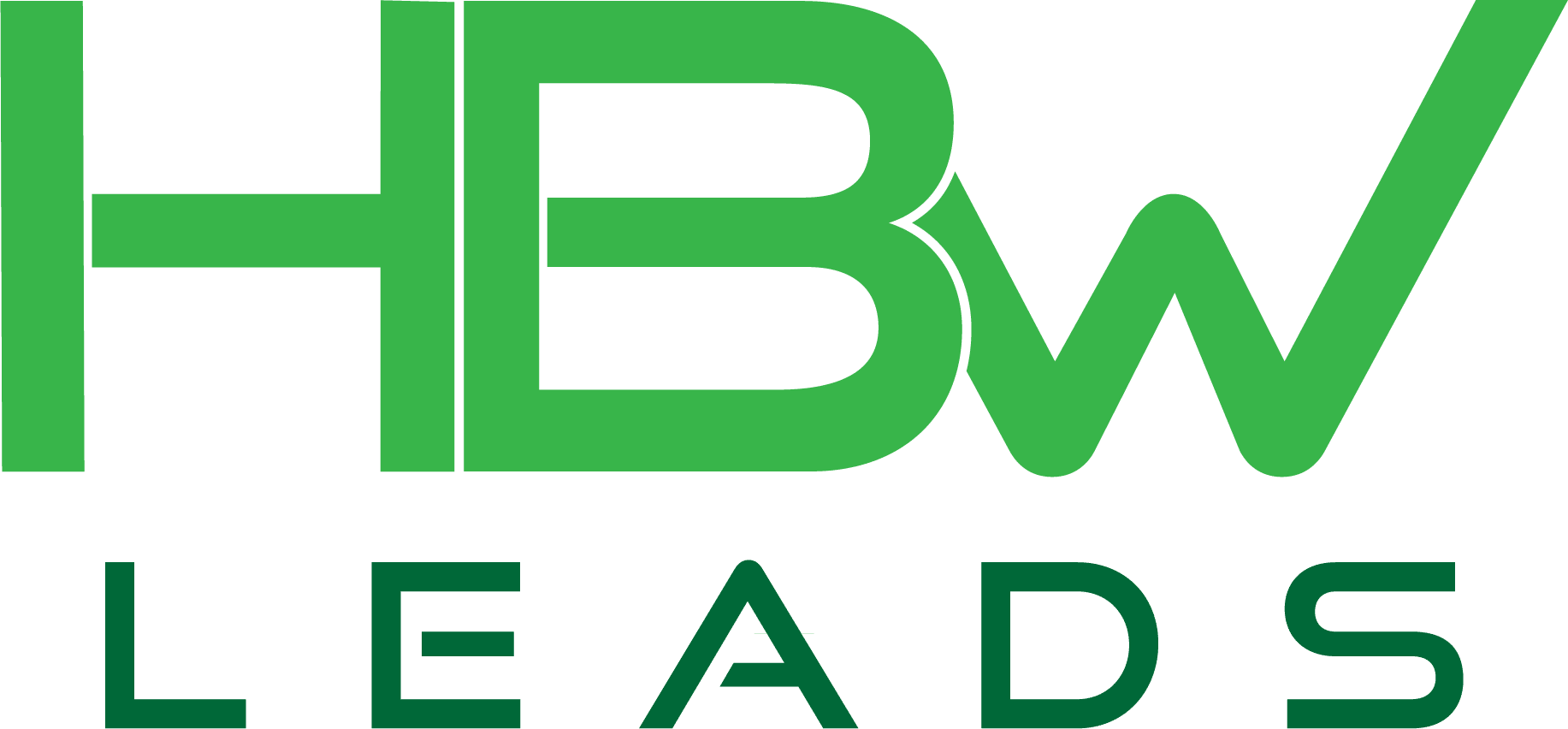Learn the best methods of handling objections in sales. There will always be a natural resistance for people to spend money, and there are ways to get your foot in the door.
No insurance agent likes hearing objections, but it’s inevitable and comes with the territory. If it were easy, everyone would do it! The truth is, there will always be a natural resistance for people to spend their hard earned money on intangible things like home and auto insurance. As an agent, it’s your job to understand the subtext of each objection and find a way to address it and pivot to illustrate what your agency can do for them. When it comes to best methods of handling objections in sales, there are several strategies to use. Oftentimes an agent will employ multiple strategies to get a prospect to change their mind. Here are some of the best methods of handling objections in sales and how to use them in your insurance sales calls and meetings.
Clarify your Purpose
This is one of the best methods of handling objections in sales to use early on in your call or meeting. It’s a good way to press the pause button in the conversation and remind your prospect that your job right then and there is not to sell them anything. You’re there to get to know your prospect and understand their insurance needs. Offer yourself as a resource to the prospect as an industry expert to put together a no-commitment analysis and quote comparing their current insurance plans with other available offerings.
Listen Closely
Everything your prospect says can be useful information, so pay attention! Do they casually mention how they have a pre-teen or teenager at home? That could be a good inroad to discuss upcoming new driver insurance costs. Maybe you get to chatting about what type of home they live in, or if they’re thinking of moving. Sometimes it’s through small talk (like comparing war stories about packing and hiring movers) that you learn some specific details that can help you tailor your sales script for your prospect. Especially when it comes to objections, listen carefully to what your prospect is objecting about. If their objection is “I’m happy with my current provider,” that could really be an objection about the perceived hassle of switching providers. Jot down notes along the way so you can call back to your prospect’s earlier talking points.
Offer Gratitude, then Understand the Objection
When someone objects to your sales pitch, thank them! This may seem like one of the strangest methods of handling objections in sales, but offering gratitude can work wonders! Tell them you really appreciate them giving you the opportunity to share information. Then restate their objection in your own words to make sure you understand what they are saying. Drill down and ask them clarifying questions. “So it sounds like you’re happy with your current provider. I can appreciate that. What are the things you like about them, if you don’t mind me asking?” Listen to what they say and demonstrate how your products and offerings match and surpass their current provider.
Agree with Your Prospect
Your prospect may try to rush you off the phone by saying “I’m not interested at this time,” or “Can you just email me some information?” A quick way to pivot those conversation-enders is to agree with your prospect. Tell them that you understand and that you agree that these types of conversations aren’t always fun to have, but that you and your agency are passionate about finding the right products that will help people save money and protect their assets.
In general, any time you’re met with an objection (“no,” “not right now,” “maybe another time,” “I have to check with my family,”) your first move should be to agree with them. Phrases like, “I hear you,” “I understand,” “Yes, that makes sense,” all go a long way in establishing trust between you and your prospect.
Demonstrate Value
If you learn what your prospect’s current provider costs are, and can offer a more affordable option, demonstrate the savings in terms of monthly and annual costs as well as what those savings could go toward. “With the money we save you on bundling your home and auto insurance, you can take your family on a vacation this year.”
Remember, too, that value doesn’t always equal dollars saved. When selling insurance policies that are comparable in cost to your prospect’s current policy, focus on the added service and resources. What will they get by choosing your insurance that they won’t get if they stay with their current provider? Perhaps your agency offers 24/hr service and claims or good driver discounts. If your home or auto insurance offers claim-free rewards, be sure to highlight that, especially if your prospect is someone who hasn’t made a claim on their insurance in the past year.
Demystify the Process
Many prospects won’t engage with insurance salespeople because they think it’s going to take a long time, or they think it will be a hassle to switch providers. Share the general insurance buying process with your prospect and let them know what to expect at each turn. When it comes to expenses, no one likes surprises. Tell your prospect that you plan on highlighting every fee or “fine print,” so they fully understand their policy.
Go a step further and demystify the insurance claims process, too. Walk your prospect through what would happen if they get in a car accident, or if a storm damages their home. Transparency is your friend when pivoting away from objections.
Identify the Line in the Sand
This is a great tactic if you’ve pitched your insurance products or offerings and are met with a response like, “I’m not interested at this time” or “I’m happy with my current provider.” Take a moment to drill down to identify what exactly would cause your prospect to consider switching providers. For many, it’s a dollar amount. “If I could help you save $50 a month, would that be worth switching policies?” For others it may be extended service perks or bundling incentives. Once you learn what their line in the sand is, find a way to demonstrate how your products will get them what they want.
Handling objections is time consuming, and is something all agents need to focus their energy on. Create more time in your schedule by working with HBW Leads for double-verified lead generation specifically for you and your agency. Leave the cold-calling to the technology and insurance experts at HBW Leads so you can focus your energy on building relationships and closing the deals.








